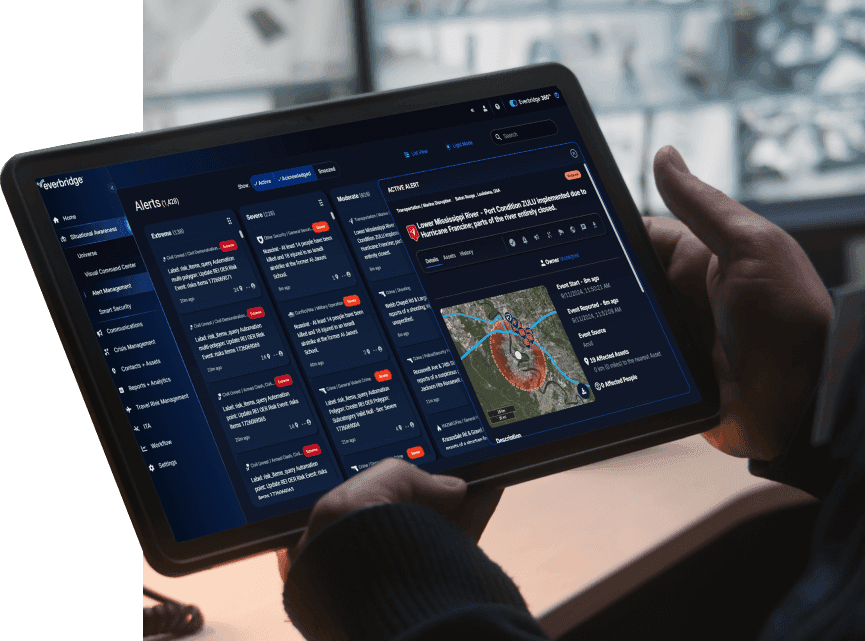Many law enforcement agencies across the country are at a point where they have successfully made the transition from a traditional policing philosophy to a set of programs centered around community policing. While the concept of community policing can produce a progressive law enforcement strategy, the root philosophy that community policing is born from can also be applied to other organizations under the state and local government umbrella. Expanding the concept of government and citizens collaboration to resolve community problems beyond the field of law enforcement and into the greater realm of state and local government is referred to as community governance. Community governance, like community policing, is more accurately defined as an overarching philosophy that creates the driving concept from which programs are crafted rather than the set of programs themselves. Programs derived from community governance can take many forms, but ultimately share a common theme of citizen and municipality cooperation and collaboration. There are four key elements that comprise the community governance philosophy:
- Partnerships among municipal agencies.
- Partnerships with the community.
- Collaborative problem-solving efforts.
- Organizational change.
The US Department of Justice’s Department of Community Oriented Policing Services (COPS) created a framework document outlining community governance. In this document, they give the following reasons to adopt a community oriented governance model: Community governance can help city administrators, police chiefs, and other city department leaders use their expertise and limited resources (e.g., human, financial, technological, and logistical) effectively. Community governance does the following:
- Recognizes that the activities of one city department affect other departments.
- Provides a holistic approach to local government service delivery that breaks down organizational barriers.
- Encourages community and municipal stakeholders to pool expertise and limited resources to address community problems.
- Provides a voice for the full range of community stakeholders and input into decision-making processes.
- Engages community members in their own well-being and in improving the community ’s quality of life.
- Adheres to the democratic principles of equality and responsiveness.
- Increases the transparency and accountability of local government.
- Shares the responsibility for community safety and quality of life between local government and the community.
- Stresses community well-being outcomes (e.g., health and safety), rather than mere outputs (e.g., number of persons vaccinated, number of tickets written).
Learn more about Community Policing.
Discover how Everbridge Nixle can help your agency connect with residents.

